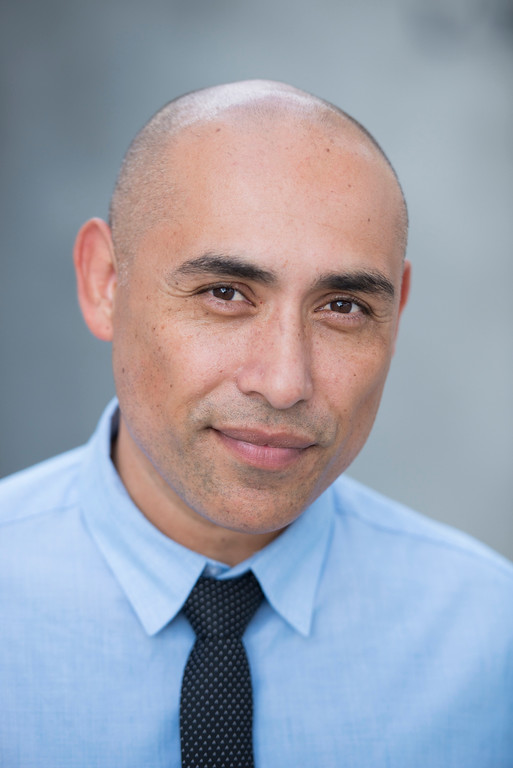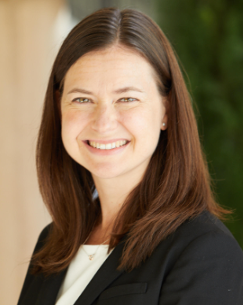This event has ended.
Event Details
This is a free keynote lecture delivered in a hybrid format – in person and virtually via Zoom. This keynote lecture will address the “restorative imperative in health-care” (the most pressing issues afflicting health-care communities), restorative justice (RJ) definitions and origins, RJ applications in health-care contexts, and research outcomes.
Start: April 19, 2024 @ 10:00 am
End: April 19, 2024 @ 12:00 pm
Venue: Life Sciences Centre (LSC) – 1001, 2350 Health Sciences Mall
Zoom: Details released post-email registration
Categories: UBC Midwifery Program, Restorative Justice
Venue:
- Address: 2350 Health Sciences Mall, Vancouver, BC V6T 1Z3
- The closest lot is Health Sciences Parkade, 2250 Health Sciences Mall, Zone ID 5669
- The closest alternate lot is Thunderbird Parkade, 6085 Thunderbird Blvd, Zone ID 5677.
- The Price for both is $2.00 for 1/2 hour.
Accessibility:
- UBC Accessibility Shuttle -> Nearest stop #15
- LIFE SCIENCES CENTRE (LSC)—1001: The LSC lecture theatres do not have Automatic Door Openers (ADOs). However, there are elevators that can go to the B1 level, which leads to the front of the lecture theatre. There are ADOs at the main entrances to the building.
Please contact Blake.Dobie@ubc.ca for any access or assistance needs by April 17th, 2024.
Learning objectives:
- Explore how a healthy workplace climate can promote the quality of communication, job satisfaction, and patient safety in health-care environments.
- Learn about the benefits of RJ as an ethical framework for community building, responding to harm/conflict, and optimizing team performance.
- Create a brave, “healing space” where we can declutter our minds and practice humanistic ways of connecting with one another (compassionate conversations).
- Learn about early statistical outcomes of RJ practices in academic medical settings.
- Share some practical tips for living a more restorative life.
Presenter


Pedro L. Flores, PhD, MAS, CCRP
Dr. Flores is a clinician, professor, and restorative justice (RJ) practitioner. He owns and operates Therapy Professionals, a physical medicine and rehabilitation practice in Southern California. He also serves as a professor and RJ trainer at the Center for Restorative Justice at the University of San Diego, where he obtained his PhD. Dr. Flores served as a lead trainer for the Association of American Medical Colleges (AAMC) rollout of the Restorative Justice in Academic Medicine (RJAM) RJ facilitation course. He also teaches the RJ module for the AAMC’s Health-care Executive Diversity and Inclusion Certificate (HEDIC) program. As an implementation scientist and consultant, he has helped numerous medical schools and health systems implement restorative practices throughout North America.
For the past twenty-five years, Dr. Flores has had the privilege of working in all aspects of health-care––both as a healer and administrator. As a restorative leader, he has a particular affinity for breaking down dysfunctional clinical hierarchies and creating equitable spaces where patients, health-care providers and learners can collaborate on addressing issues of shared concern. Dr. Flores also teaches comparative health-care systems and health-care leadership at the University of California at San Diego, where he received a Master’s degree in the leadership of health-care organizations.
Co-Presenter


Bridget J. Frese, PhD, RN, CNL, PHN, CNM
Dr. Frese is an associate professor at the University of San Diego (USD). She earned a BSN from Georgetown University, an MSN in midwifery and community health from San Diego State University, and a PhD from Yale University. Dr. Frese has a longstanding commitment to health equity in maternal-child health and has worked clinically with numerous underserved communities, including immigrants on the border to Texas and Mexico as an Americorp volunteer, the inner city population of the District of Columbia, and with teenage mothers in rural and urban Washington state. Her dissertation work focused on the health equity issue of supporting maternal mental health. Dr. Frese first learned about restorative justice and restorative practices when she arrived at USD in the spring of 2019. For the past three years, she has collaborated with USD’s Center for Restorative Justice to build content related to restorative processes and nursing, implementing restorative practices in her classes and with her colleagues. Dr. Frese believes that restorative justice and restorative practices offer nursing and health-care established ways of building community and addressing harms, such as health equity issues, that are long overdue and hold much potential for improving the health-care system for patients and practitioners.
Download and share the event poster.
Please register below
Registration has now closed. If you would like to attend, please contact midwifery.communications@ubc.ca.
Welcome to Restorative Justice